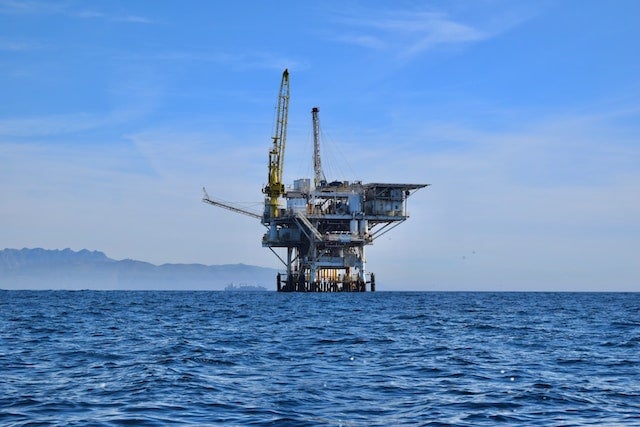
A Norwegian Court has revoked three permits granted by the government to develop new offshore oil and gas fields, citing their environmental impact was not adequately reviewed.
In November last year, environmental activist groups appealed to the Oslo District Court to halt the development of the three oil and gas fields in the North Sea.
The groups argued that the permits did not consider the impact of the future use of all the extracted fossil fuels on the global climate through the greenhouse gases they will emit.
Independent environmental group Greenpeace and its partner Nature and Youth, through a lawsuit, raised concerns over Equinor’s Breidablikk and Aker BP’s Yggdrasil and Tyrving fields.
Judge Lena Skjold Rafoss ruled that the plans for the development and operation of Breidablikk, Yggdrasil and Tyrving deposits are invalid.
The Court ruling applies only to the three recently approved fields, and not to other fields on the Norwegian continental shelf.
The ruling said: “An impact assessment ensures that dissenting voices are heard and considered and that the decision-making basis is verifiable and available to the public.
“This is important to safeguard democratic participation in decisions that may influence the environment.”
According to the verdict, Breidablikk can continue its operations until 31 December 2024, and the developments of the two other fields had to be halted.
Breidablikk started operations four months ahead of schedule, in October last year, while Tyrving and Yggdrasil fields are planned to begin operations in 2025 and 2027, respectively.
Equinor expects the Breidablikk fields to produce 55,000 to 60,000 barrels per day in 2024-2026. There is no publicly available data for the current production level.
In 2020, Norway’s apex court dismissed a case against Arctic drilling the two NGOs, concluding that country’s parliament and the government can award any new oil acreage.
In the current lawsuit, the state argued that the ministry’s decisions were valid as no law in Norway requires a review of emissions from petroleum exports abroad.


